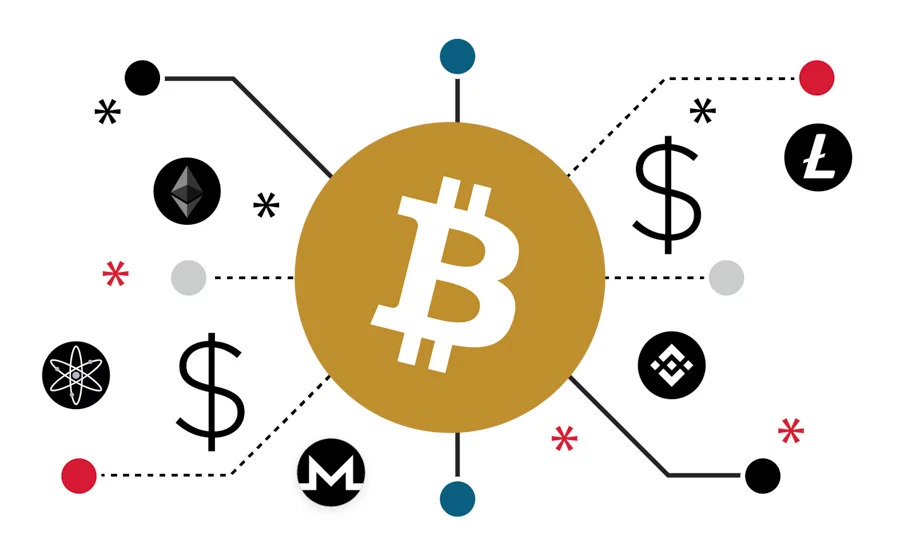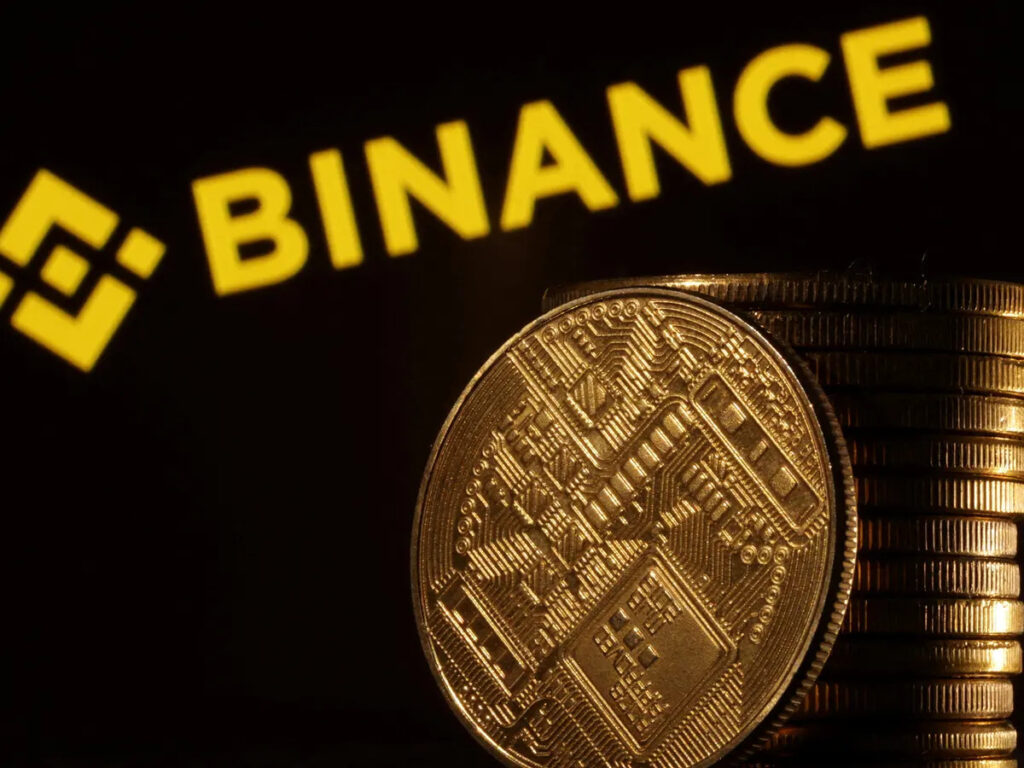Table of Contents

Cryptocurrencies
Digital or virtual tokens that employ cryptography for security are known as crypto. Since they are decentralised, neither the government nor financial institutions can control them. Crypto can be used to pay for products and services as well as be traded on decentralised markets.
Benefits
There are many potential benefits to using Crypto. Some of the most important benefits include:
- Decentralization: Financial institutions and the government cannot regulate cryptocurrencies. They become a more safe and impervious to censorship payment method as a result.
- Security: Cryptocurrencies are secured by cryptography, making them very difficult to counterfeit or hack.
- Transparency: Since every cryptocurrency transaction is visible and traceable, it is documented on a public blockchain.
- Low fees: Cryptocurrency transactions typically have very low fees compared to traditional payment methods.
- Global reach: Cryptocurrencies can be used to send and receive payments anywhere in the world.

RISK
There are also some risks associated with using crypto. Some of the most important risks include:
- Volatility: Cryptocurrencies are highly volatile, meaning their prices can fluctuate wildly.
- Regulation: Since cryptocurrencies are still a relatively young technology, the legal environment is continually changing. Future regulatory measures may result from this, which might make using cryptocurrency more challenging.
- Security: While cryptocurrencies are generally secure, there have been some high-profile hacks of cryptocurrency exchanges.
- Scams: There are many scams associated with cryptocurrencies. It is important to be aware of the risks and to only invest in cryptocurrencies from reputable sources.

What are the most popular crypto?
Some of the most popular cryptocurrencies include:
- Bitcoin (BTC): The original and most well-known cryptocurrency is called Bitcoin. It is frequently seen as a store of value and is regarded as digital gold.
- Ethereum (ETH): The second most well-known cryptocurrency is called Ethereum. It is frequently seen as a more flexible cryptocurrency than Bitcoin and serves as a platform for decentralised applications (DApps).
- Tether (USDT): Tether is a stablecoin that is pegged to the US dollar. This makes it a less volatile cryptocurrency than Bitcoin or Ethereum.
- Binance Coin (BNB): The native crypto of the Binance exchange is called Binance Coin. It can be used to buy products and services as well as to cover exchange fees.
- USD Coin (USDC): USD Coin is another stablecoin that is pegged to the US dollar. It is similar to Tether, but it is issued by a different company.

What is the future of crypto?
Crypto have an unclear future. Nonetheless, a lot of professionals think they could completely change how we pay for goods and services. Additionally, new applications like Web3 and decentralised finance (DeFi) could be powered by cryptocurrencies.
Conclusion
A novel and fascinating technology that has the power to transform the world is cryptocurrency. However, before making an investment in crypto, it’s critical to understand the risks involved. Before buying any cryptocurrency, be sure you understand the risks involved and only invest money you can afford to lose.

